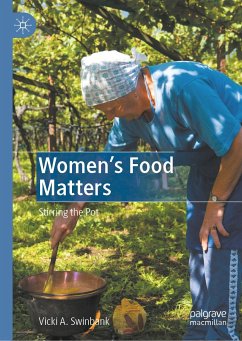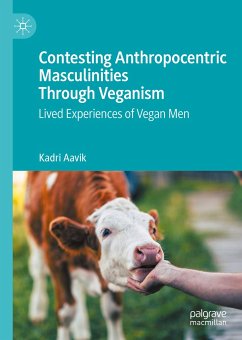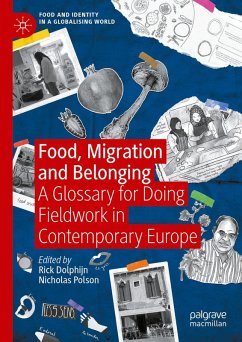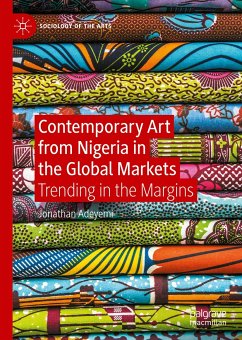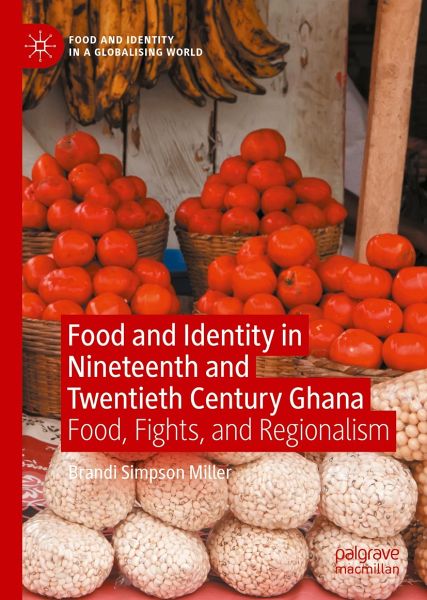
Food and Identity in Nineteenth and Twentieth Century Ghana (eBook, PDF)
Food, Fights, and Regionalism
Versandkostenfrei!
Sofort per Download lieferbar
88,95 €
inkl. MwSt.
Weitere Ausgaben:

PAYBACK Punkte
44 °P sammeln!
This book investigates how cooking, eating, and identity are connected to the local micro-climates in each of Ghana's major eco-culinary zones. The work is based on several years of researching Ghanaian culinary history and cuisine, including field work, archival research, and interdisciplinary investigation. The political economy of Ghana is used as an analytical framework with which to investigate the following questions: How are traditional food production structures in Ghana coping with global capitalist production, distribution, and consumption? How do land, climate, and weather structure...
This book investigates how cooking, eating, and identity are connected to the local micro-climates in each of Ghana's major eco-culinary zones. The work is based on several years of researching Ghanaian culinary history and cuisine, including field work, archival research, and interdisciplinary investigation. The political economy of Ghana is used as an analytical framework with which to investigate the following questions: How are traditional food production structures in Ghana coping with global capitalist production, distribution, and consumption? How do land, climate, and weather structure or provide the foundation for food consumption and how does that affect the separate traditional and capitalist production sectors? Despite the post WWII food fight that launched Ghana's bid for independence from the British empire, Ghana's story demonstrates the centrality of local foods and cooking to its national character. The cultural weight of regional traditional foods, their power to satisfy, and the overall collective social emphasis on the 'proper' meal, have persisted in Ghana, irrespective of centuries of trade with Europeans. This book will be of interest to scholars in food studies, comparative studies, and African studies, and is sure to capture the interest of students in new ways.
Dieser Download kann aus rechtlichen Gründen nur mit Rechnungsadresse in A, B, BG, CY, CZ, D, DK, EW, E, FIN, F, GR, HR, H, IRL, I, LT, L, LR, M, NL, PL, P, R, S, SLO, SK ausgeliefert werden.



